Major U.S. Labor, Human Rights, Environmental and Women’s Organizations Denounce “Legislative Coup” Against Brazilian President Dilma Rousseff
As the Olympic Games come to a close in Rio de Janeiro, non-governmental organizations and unions in the United States are condemning the impeachment process against Brazil’s president. A public statement released today states: “We, the undersigned organizations, support democracy in Brazil and denounce the forced removal of Brazil’s elected president, Dilma Rousseff, as well as the criminalization and repression of Brazilian social movements.”

 Unelected President Temer and president of the House of Deputies, Rodrigo Maia
Unelected President Temer and president of the House of Deputies, Rodrigo Maia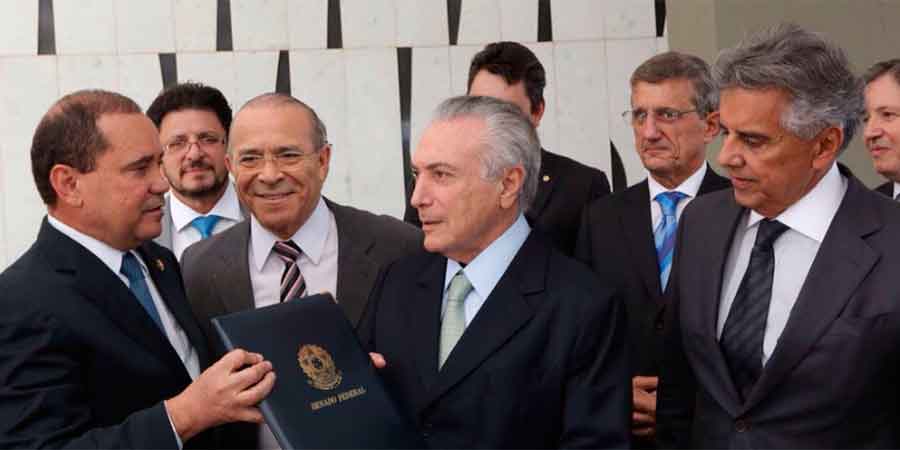 and the political crisis will only get worse with the new government.
and the political crisis will only get worse with the new government.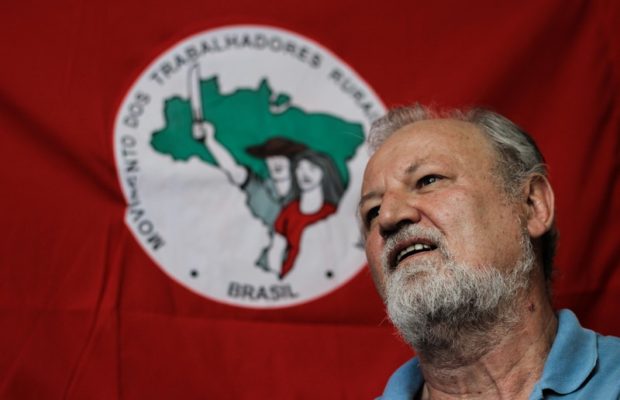 Interview with Joao Pedro Stedile, leader of the MST, on the political crisis in Brazil.
Interview with Joao Pedro Stedile, leader of the MST, on the political crisis in Brazil.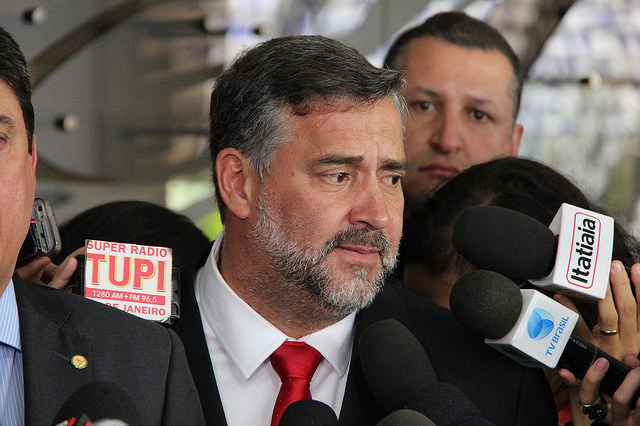 Federal deputies Paulo Pimenta (PT), Paulo Texeira (PT) and Wadih Damos (PT) and Senator Télmario Mota (PDT) issued a measure along with the Inter American Commissioners of Human Rights (CIDH) in reference to the impeachment process against the removed President Dilma Rousseff.
Federal deputies Paulo Pimenta (PT), Paulo Texeira (PT) and Wadih Damos (PT) and Senator Télmario Mota (PDT) issued a measure along with the Inter American Commissioners of Human Rights (CIDH) in reference to the impeachment process against the removed President Dilma Rousseff.
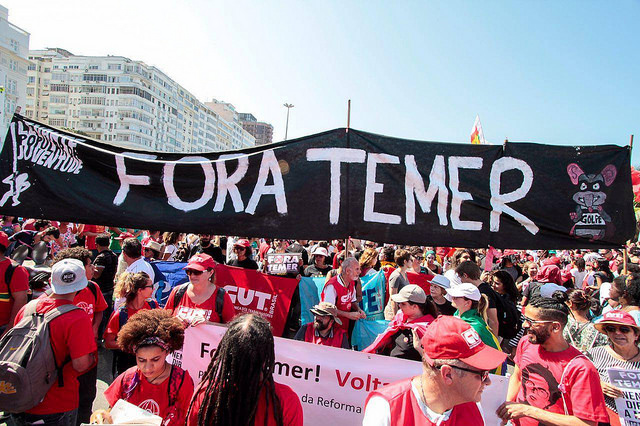 Brazilian left held a protest in Rio de Janeiro. The demonstration was called for by three fronts: Brazil Popular Front, People Without Fear and Socialist Left.
Brazilian left held a protest in Rio de Janeiro. The demonstration was called for by three fronts: Brazil Popular Front, People Without Fear and Socialist Left.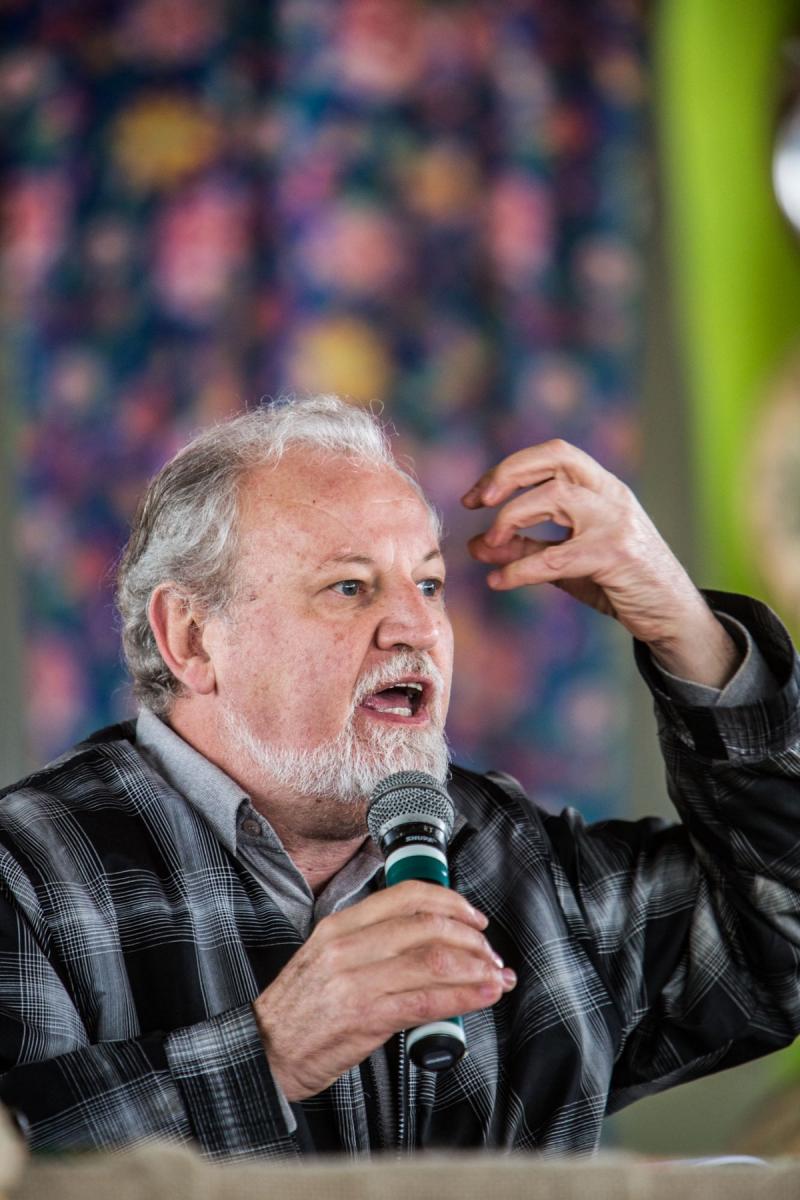 “The earnings of the putschists are insatiable. But they ignore that in this world everything has contradictions” It seems as though Brazil’s destiny is determined in the month of August. It was the month of the crisis and suicide of President Getulio Vargas in the 50s. Then, in the 60s, the resignation of Jânio Quadros and the crisis of legality.
“The earnings of the putschists are insatiable. But they ignore that in this world everything has contradictions” It seems as though Brazil’s destiny is determined in the month of August. It was the month of the crisis and suicide of President Getulio Vargas in the 50s. Then, in the 60s, the resignation of Jânio Quadros and the crisis of legality.
